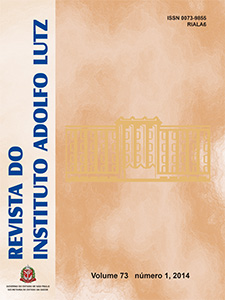Good Manufacturing Practice in Brazilian wheat mills with particular reference to the flour fortification
Resumen
Iron deficiency anemia (IDA) is a widespread nutritional disorder that affects a significant proportion of the Brazilian population. The obligatory fortification of wheat flour with iron and folic acid represents a strategy of the Brazilian Ministry of Health for combating IDA. However, several studies have reported the occurrence of iron in excessive concentrations and insufficient contents of folic acid in commercial flour samples. In the light of these information, a participatory observational study on the wheat flour production processes was undertaken in 11 major flour mills located in the Sao Paulo state, Brazil. This study aimed at writing a detailed good manufacturing practice (GMP) guidelines for the industrial sectors, including directives for standardized operational procedures (SOPs) on the flour fortification. The outcomes of this study are a GMP checklist and the recommended SOPs, which help to standardize the production processes in flour fortification, which currently is incongruous one, and also to facilitate the work of the government health inspectors.
Publicado
2015-10-01
Cómo citar
Latorre, W. C., & Colli, C. (2015). Good Manufacturing Practice in Brazilian wheat mills with particular reference to the flour fortification. Revista Do Instituto Adolfo Lutz, 73(1), 67-76. https://doi.org/10.18241/0073-98552014731590
Número
Sección
ARTIGO ORIGINAL








